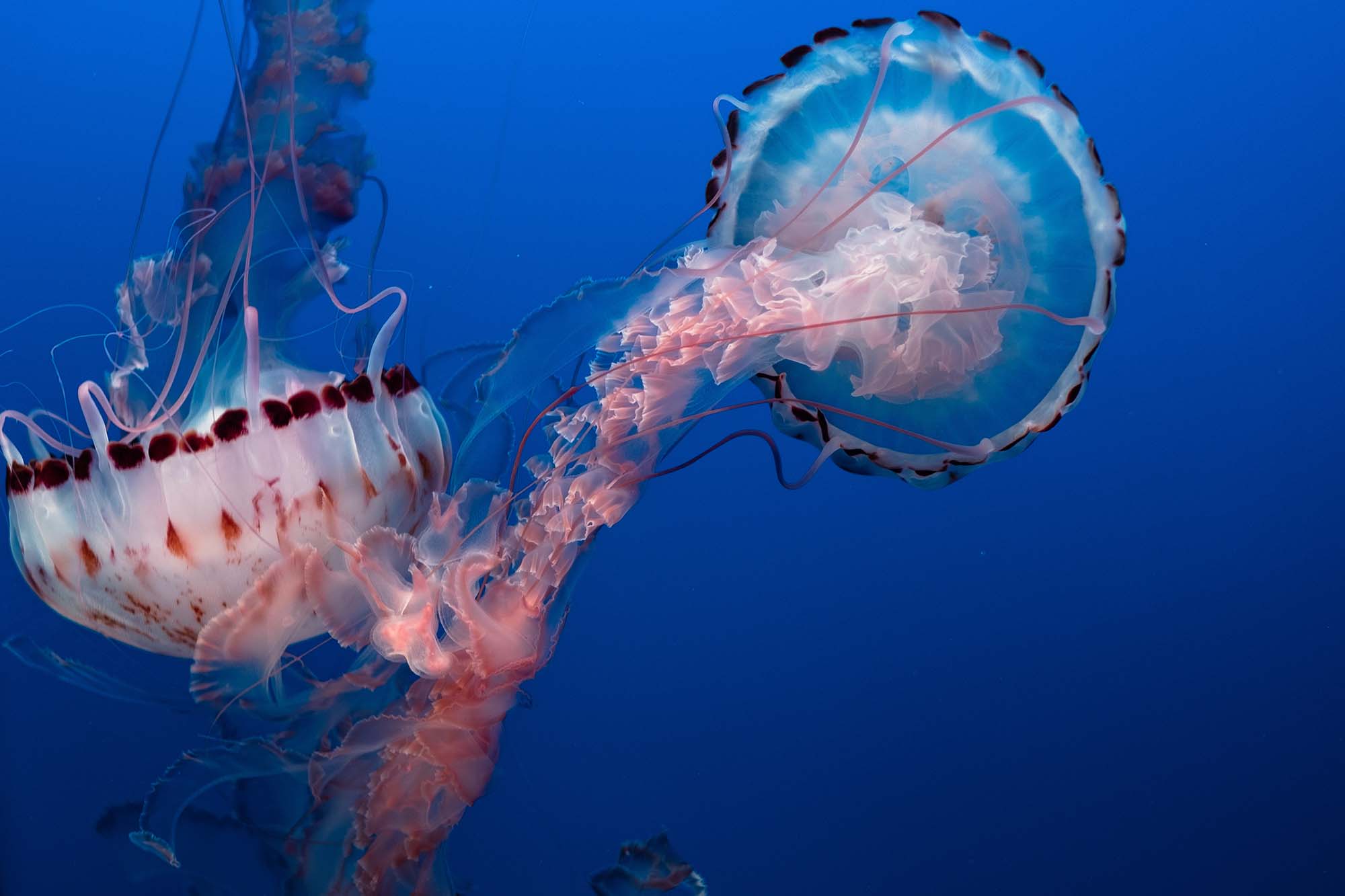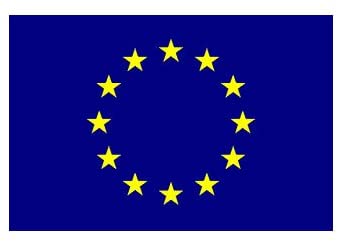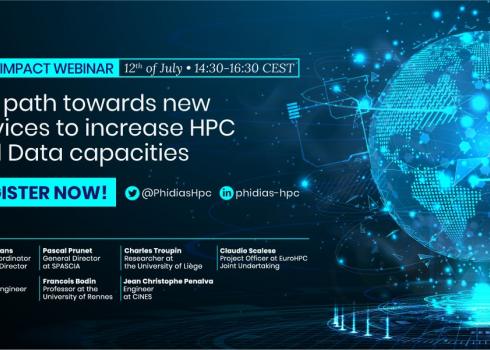PHIDIAS Activities and development: Established and implemented a security policy
PHIDIAS Work Package (WP) 3 "Development of Common System" in cooperation with WP2 "Compute and storage workflow management", has coordinated and facilitated several video conferences with various scientific WPs but also with the security committee since the 3rd meeting of the PHIDIAS consortium that took place in Villeneuve d'Ascq/Lille on 6 and 7 April 2022.
With the Security Committee, we have established and implemented a security policy. This policy aims to allow the use of regular and on-demand services in safe conditions respecting the regulations of CINES and the project partners. Based on the well-known best international security practices, this security policy will ensure the availability of services and data. Confidentiality, traceability of identifiers, and integrity of infrastructure and data are also key objectives of the security policy. We stand for resilient, transparent, and trust-enabling security with clearly defined roles for all stakeholders.
Security measures are designed to support the mission of PHIDIAS with minimal impact on project objectives. The security committee has drafted a security guide for Phidias. The iRODS solution was chosen by the partners to ensure the management and exchange of data between the different data centers (Lille for WP4 with Sentinel 4 and 5P data, Montpellier for WP5 with Sentinel 1 and 2, SPOT, Brest for WP6 with marine data collections provided by SeaDataNet, and CINES in Montpellier). So, the WP3 has led and coordinated a series of workshops, mainly remote, to define an iRODS architecture that meets the needs of the project. The choice of iRODS architecture has focused on the implementation of a federation of iRODS zones organized in zones for each scientific WP federated individually with a common zone carried by CINES.
This organization reconciles the general needs with the specific requirements of data centers: each data center retains full control over the data in its area and can freely ensure and define the level of exposure of this data. WP3 has been organizing and facilitating several videoconferences to ensure the deployment of this architecture. It also produced further meeting reports on the WP3’s Confluence page of the project.
A guide is being written that will specify how iRODS is deployed on each site, how it is set up on a data center (WP4, WP5), and how each area representing a data center is federated with the common area hosted at CINES. The guide will specify the security rules in place to secure the infrastructure and exchanges.
The iRODS deployment guide will be proposed to WP6 which will use it to integrate the federation setup; we will then have the opportunity to ensure that this guide is easily usable. In the meantime, WP6 will access the iRODS federation as a client of the common area.
At the end of the project, we will have an iRODS federation of all the data used by the project’s computation services. These data will be accessible with on-demand services for a user outside the project to generate his own dataset.
Another activity of WP3 is to set up a business catalog that allows the discovery of metadata in GEODCAT format, a discovery portal that allows the discovery of data available on the project. The datasets share by the WP3 catalogue come from different thematic data infrastructures (Ocean, Land Surfaces, Atmosphere). The catalog uses a common metadata model (GEODCAT-AP) and a common vocabulary organized by the Sosa ontology (Semantic Sensor Network Ontology) and shared through a thesaurus.
These common model permits provide semantic search criteria transverse to the different thematics of the project and facilitate the infrastructure resource discovery for users. This approach is fully in line with the FAIR principles. The common model is implemented through two portals: a portal that focuses on the semantic discovery and vocabulary browsing, linked to a portal more focused on classical spatio-temporal filtering of the resources. This data discovery will be based on a set of vocabulary mastered within a thesaurus. The objective is to allow, from the catalog, the launch of processing with online services on demand for the scientific community with public access.
Join the PHIDIAS Final Impact Webinar
To learn more about the exciting results, PHIDIAS is inviting you to join its Final Impact Webinar entitled “The path towards new services to increase HPC and Data capacities” taking place on 12 July 2022 from 14:30 to 16:30 CEST.
This Webinar will feature representatives of the entire Consortium with the specific goal to provide an exhaustive overview of the main advancements of the three Use Cases impacting the Satellite Data, Marine and Ocean data, and Earth Observation research communities and to share the most meaningful and innovative lessons learned.
Register now to know more about the tangible outputs achieved by the Phidias HPC initiative at service of the European HPC and Research community, including main features, concrete impact and prospective advantages for Research & HPC ecosphere.






